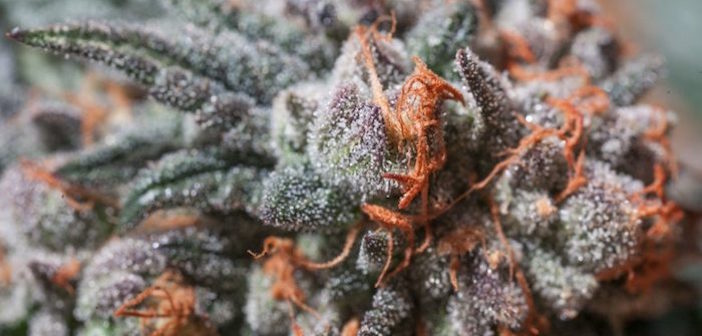The Drug Enforcement Administration has released an intelligence report given out to law enforcement agents to help them keep up with the latest drug lingo. There are nearly 300 terms on the list; here’s a sample, from A to Z, along with our definitions.
420
“420” is mostly used in cannabis culture to refer to the famous, and sometimes infamous, international stoner holiday of April 20. What some DEA agents don’t know is that it originated because stoners would gather to honor Bob Marley on his birthday.
Acapulco Gold
Acapulco Gold is a strain of cannabis that was popular in the 1960s and remains one of the most well-known strains today. It originated in Acapulco, Mexico, but is rumored to be nearly extinct because of grows moving indoors.
Bhang
Originally prepared in India as early as 2000 B.C., bhang was one of the original ways to eat cannabis. It’s still often consumed as a beverage.
Cheeba
“Cheeba” has become synonymous with weed or ganja. It’s an evolution of the Spanish word “chiva,” which is slang for heroin. Be cautious using the term in California: In Los Angeles, “cheeba” is also synonymous with black tar heroin.
Dank
The “dank” descriptor refers to dark weed that’s sticky and incredibly potent. It’s a term that’s a bit overused, but when employed properly describes the intense aroma of marijuana.
Endo
At the end of the growing process, the marijuana stems are hung to dry. Endo is found on the tip of the marijuana plant, where the most crystals and resin accumulate.
Flower
When an image of a cannabis plant comes to mind, most people imagine the five pointed leaves, but the leaves are not what you smoke; the flower is. As a cannabis plant comes to maturity, little white shoots begin to grow, and those shoots become more hairy, sticky and eventually crystal-covered buds that are harvested into marijuana.
“Ganja” is one of the most famous synonyms for marijuana, but it’s not slang. It’s actually the Sanskrit word for hemp. Many assume that it’s a Jamaican word, but it was brought to Jamaica by Indian laborers.
Hash
Hash is derived from the Arabic word “hashish,” which means grass. The first documentation of hash in the Middle East was back in 900 A.D., but it’s theorized that cannabis farms existed prior to written documentation.
Indian Hay
Now the term describes marijuana from India, but “Indian hay” was originally used in the 1930s to refer more generally to marijuana.
credit:420intel.com












